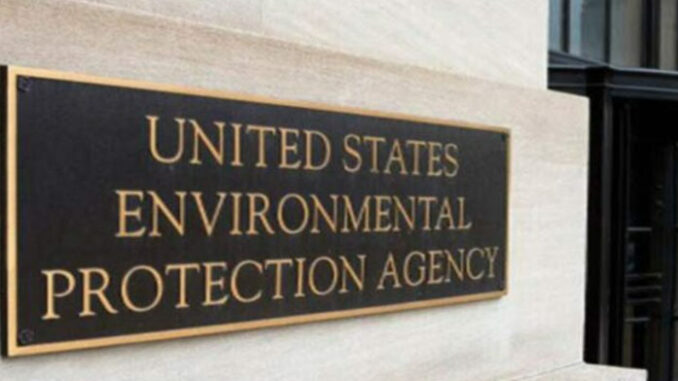
On Monday, Maricopa County Board of Supervisors Chair Thomas Galvin and Supervisor Debbie Lesko applauded U.S. Environmental Protection Agency (EPA) Administrator Lee Zeldin’s announcement that the agency is rescinding Guidance on the Preparation of Clean Air Act Section (CAA) 179B Demonstrations for Nonattainment Areas Affected by International Transport of Emissions.
Zeldin’s announcement follows his trip to Arizona two weeks ago, where elected officials and business leaders including Galvin and Lesko shared this problem as one of their highest priorities.
This action by the EPA acknowledges the significant challenges identified by Arizona and other states. To avoid confusion, the agency has also removed it from its website.
“After meeting with Maricopa County and our local partners, EPA is rescinding guidance that penalized states for air pollution beyond their control,” stated Galvin and Lesko. “Both of us met with Administrator Lee Zeldin back in March to share with him how current guidance hurts our region and threatens our progress.”
“At that meeting, county leadership demonstrated how difficult it has been for states like Arizona to prove the impact of air pollution from international transport, and as a result, we risk more regulation,” explained Galvin and Lesko. “As Administrator Zeldin said, today’s announcement is a step in the right direction for states looking to balance the need for clean air with the importance of economic development.”
According to Zeldin, this guidance made it unnecessarily difficult for states to demonstrate that foreign air pollution is harming Americans within their borders. Following the rescission of the guidance, EPA intends to work with state and local air agencies to develop the evidence necessary to grant regulatory relief under CAA Section 179b.
“Americans should not be harmed by other countries that do not have the same environmental standards we have in the United States,” said Zeldin. “Today’s announcement is a step in the right direction. Not only are we eliminating cumbersome red tape that placed excessive burden on states to prove emissions were from an international source, but we are also helping states across our nation prosper while ensuring they continue to provide clean air for their residents.”
Zeldin argues that states should not be penalized for air pollution beyond their control, including pollution crossing international borders into the United States. The CAA provides regulatory relief when an area would have attained a National Ambient Air Quality Standard but for international transport of emissions.
